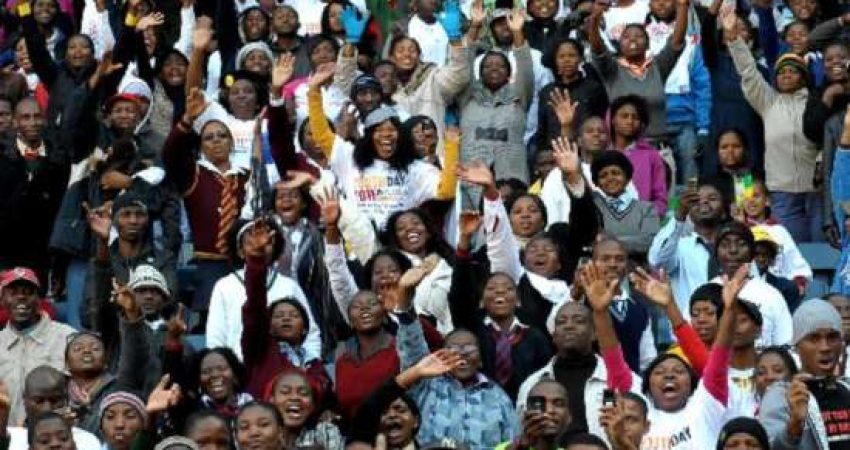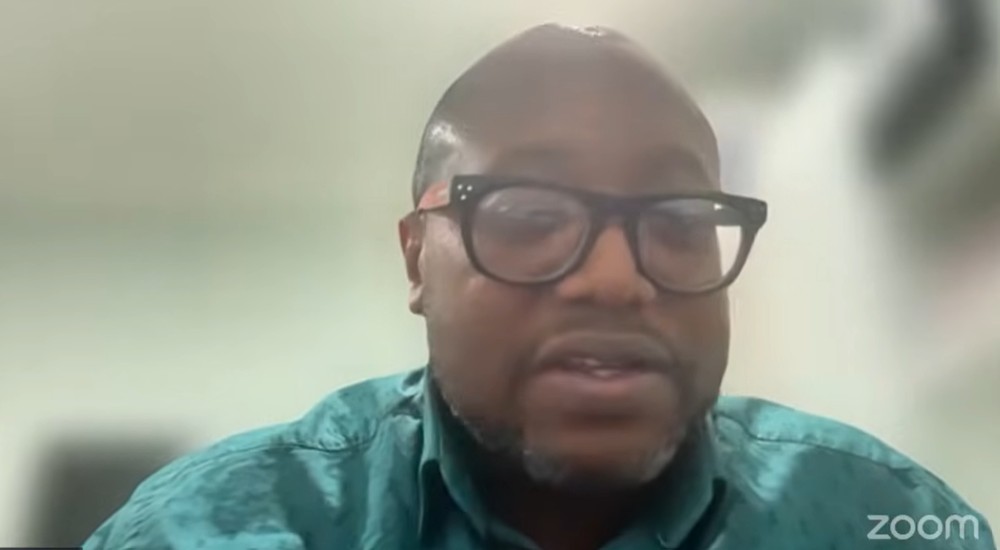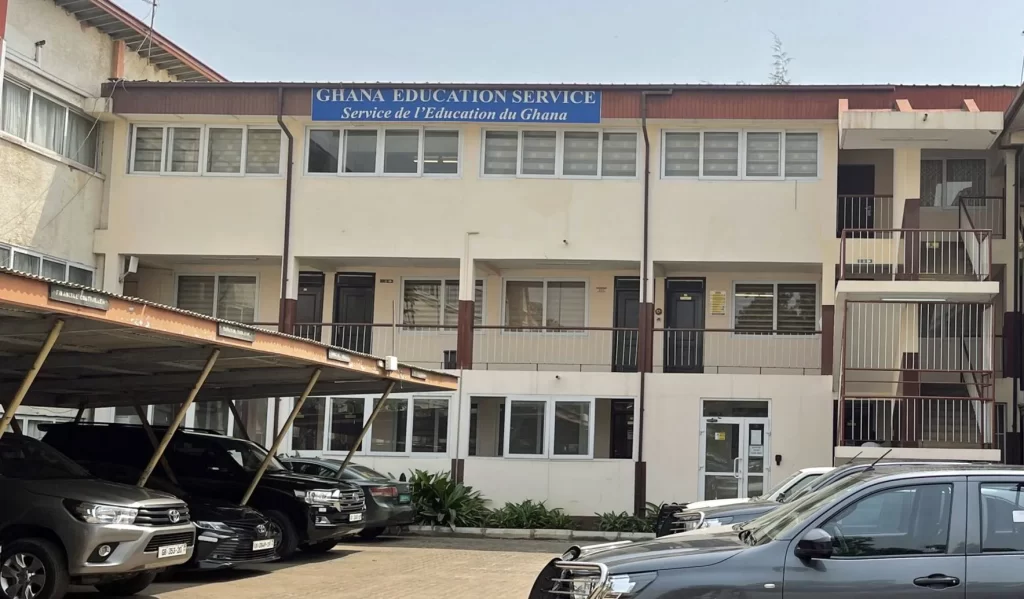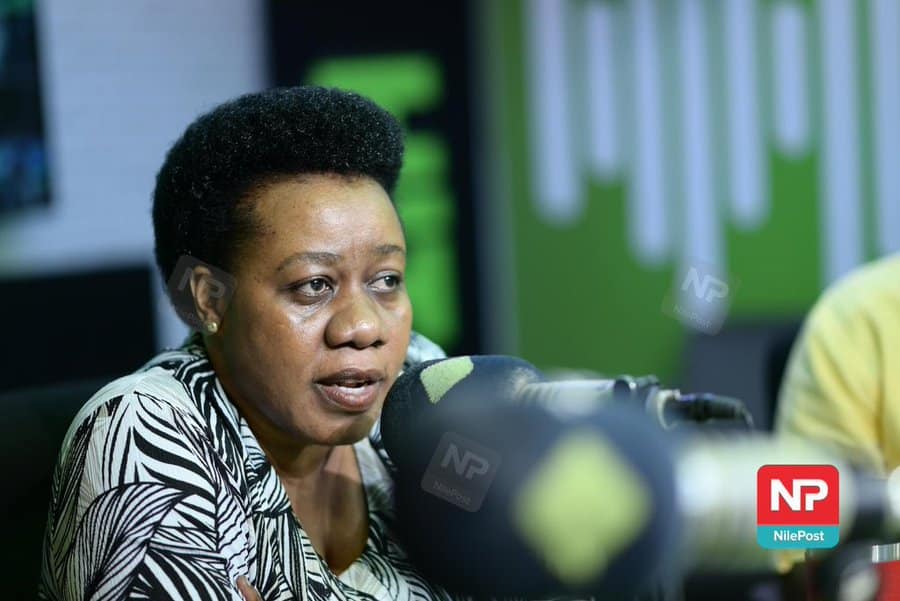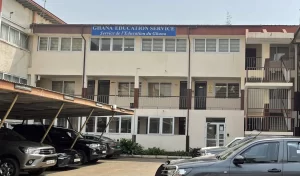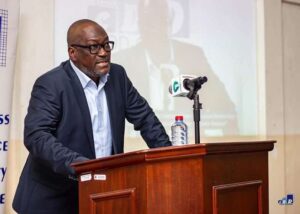The Open Society Barometer report (2023) revealed some interesting findings about the youth. The barometer covered 30 countries out of which five were from Africa (Ghana, Kenya, Nigeria, Senegal, and South Africa). Consider these two statements from the report:
“Age appears to be a factor in shaping attitudes toward democracy. There was less enthusiasm among 18-to-35-year-olds for democracy, with 57 percent preferring it to other forms of government. For those aged 56 and above, the figure was 71 percent.”
“The 18-35 cohort recorded higher support for army rule (42 percent) than those aged 36-55 (33 percent) and those aged 56 or above (20 percent).”
Are these sentiments reflective of the youth in Africa? If they are, should democracy and good governance activists worry about the future of democracy in the region? To further explore this, I turn to data from Round 9 (2021-2023) of the Afrobarometer survey with a focus on West Africa. A total of 14 countries (Benin, Burkina Faso, Cabo Verde, Côte d’Ivoire, Gambia, Ghana, Guinea, Liberia, Mali, Niger, Nigeria, Senegal, Sierra Leone, and Togo) participated in this round.
The region is not monolithic and there are variations across the countries. For this piece, I examine their collective attitudes holding constant any variations across countries. In addition, I compare their attitudes to three other age groups – 36-45; 46-55; and 56+ to look for patterns of significant difference.
Faith in democracy and elections
When asked about their support for democracy, the preference for democracy, although lowest among the youth (68%), is not too far apart from those aged 36-45 (70%) or 46-55 (70%). However, it is when compared to those aged 56 and above (74%).
Regular competitive elections are at the heart of democracies. Among the youth, there is strong support (77%) for using elections as the method for choosing leaders. The level of support for the other age groups is as follows: 36-45 (80%); 46-55 (81%); and 56+ (80%).
Are the youth in West Africa any more dissatisfied with democracy than their counterparts in other age groups? The percentage who say they are “dissatisfied with the way democracy works” is as follows: 18-35 (69%); 36-45 (59%); 46-55 (60%); and 56+ (59%).
As a collective, the level of support for democracy remains strong, including core democratic activities like regular, competitive, elections. The loss of faith is not necessarily for democracy but rather how democracy works judging from the high level of dissatisfaction.
Appeal of non-democratic alternatives
If there was no democracy, how appealing would the youth in West Africa find non-democratic alternatives? The Afrobarometer survey asks about three – one party rule, one man rule, and military rule.
Regarding one-party rule, the level of support among the youth (14%) is not different from the other age groups: 36-45 (15%); 46-55 (15%); and 56+ (15%).
Regarding one-man rule, the level of support among the youth (15%) is not different from the other age groups: 36-45 (15%); 46-55 (16%); and 56+ (15%).
Regarding military rule, the level of support among the youth (37%) is not different from those aged 36-45 (37%), but slightly different from those aged 46-55 (34%); and 56+ (32%).
When the appeal of non-democratic alternatives is compared for the youth, clearly military rule has greater appeal than one-party or one-person rule.
Democratic optimism
In Round 9, respondents were asked to look back five years and assess the level of democracy retrospectively. Across all the age groups, the predominant response category was “about the same.” When asked to look forward in five years, the predominant response category was again “about the same” across all age groups.
Specifically, here is how the youth responded on the prospects of democracy in the sub-region, much less democratic (13%); somewhat less democratic (8%); about the same (34%); somewhat more democratic (17%); and much more democratic (23%).
Judging from these sentiments, the youth at the time of the survey were not very optimistic that the region would become more democratic.
A Bleak Future for Democracy?
The recent disruption to democracy in the sub-region because of successful military coups in Burkina Faso, Mali, Guinea and Niger, has given rise to concerns about the future of democracy in the sub-region. Although the level of support for democracy among the youth collectively is seven out of ten (68%), the high level of dissatisfaction is very worrying. It is fair to also note that the high level of dissatisfaction is not only unique among the youth nor is to the low optimism.
But as Dr. Bawumia reminded us in his recent speech on strengthening democracy in Nigeria, we can look at the youth in one of two ways – “as enablers of democratic sustenance or as outlets for misgovernance.”
The choice is up to us!
 John Osae-Kwapong (Ph.D) is a Democracy and Development (D&D) Fellow at the Ghana Center for Democratic Development (CDD-Ghana) and the Project Director at The Democracy Project.
John Osae-Kwapong (Ph.D) is a Democracy and Development (D&D) Fellow at the Ghana Center for Democratic Development (CDD-Ghana) and the Project Director at The Democracy Project.


